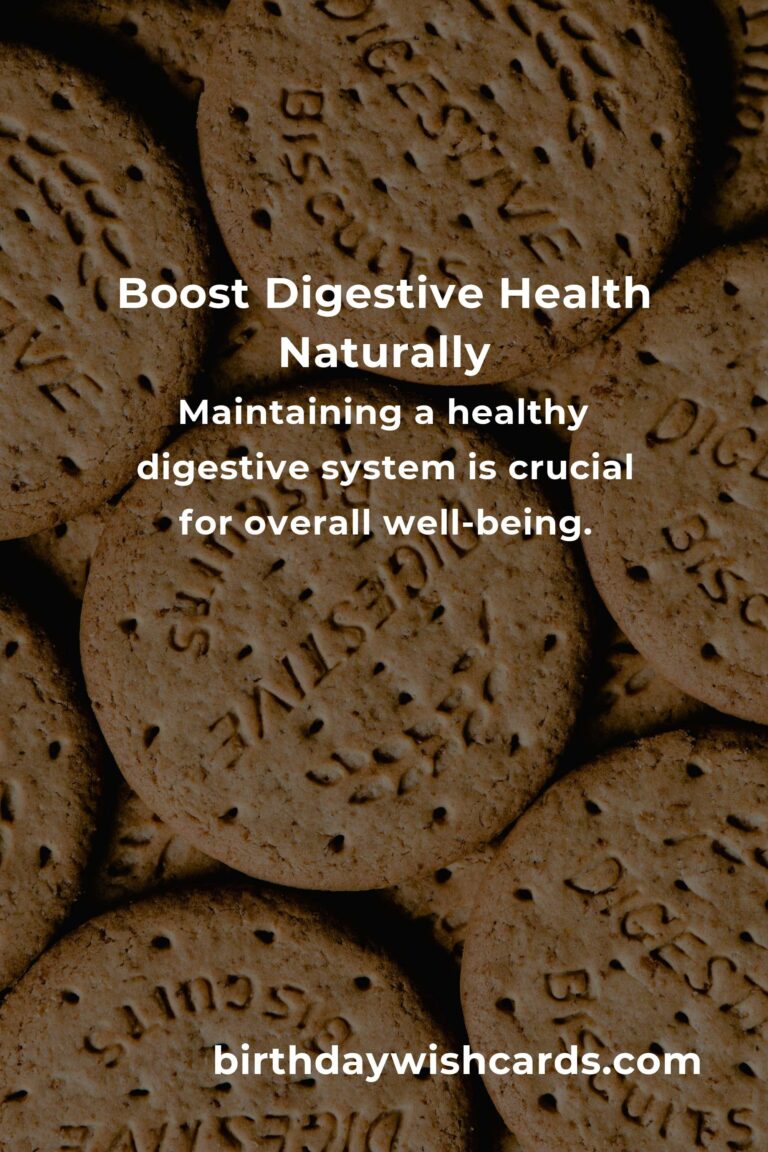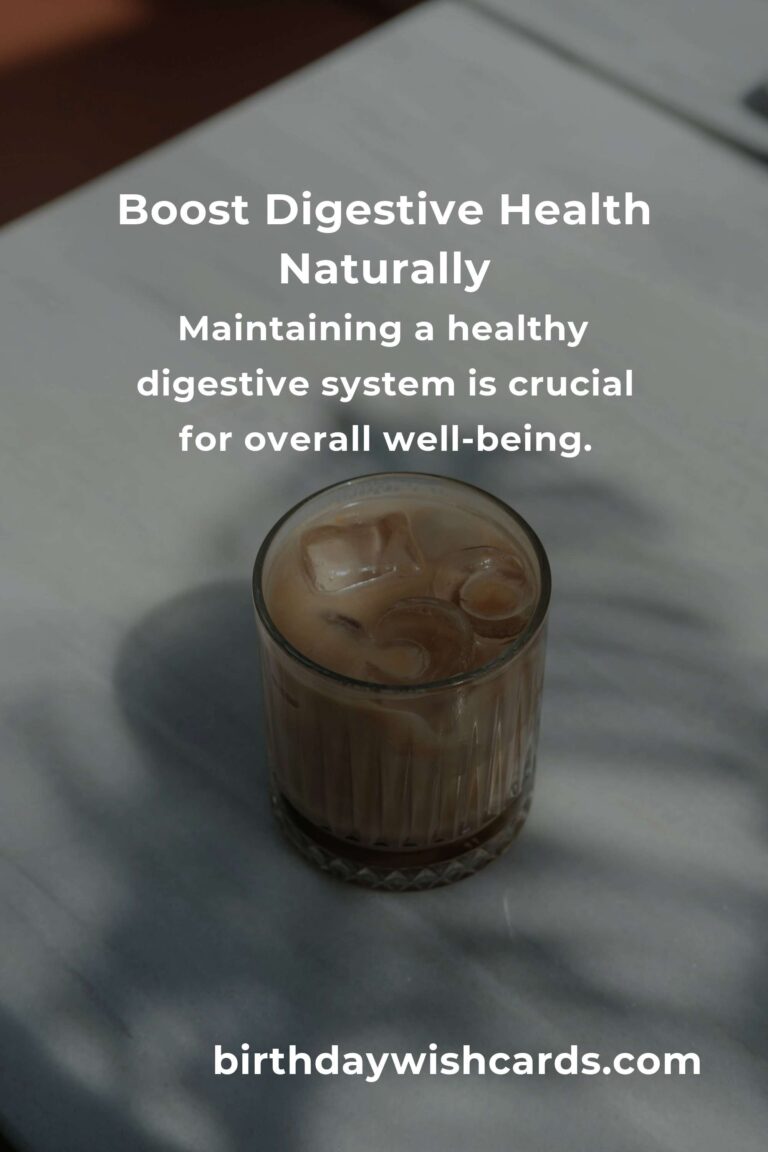
Maintaining a healthy digestive system is crucial for overall well-being. The digestive system is responsible for breaking down the food we consume, absorbing nutrients, and eliminating waste. However, due to modern lifestyles, poor dietary choices, and stress, digestive problems have become increasingly common. Fortunately, there are several natural ways to enhance digestive health at home.
Understanding Digestive Health
The digestive system comprises several organs, including the mouth, esophagus, stomach, intestines, liver, pancreas, and gallbladder. Each plays a vital role in processing food and ensuring that nutrients are adequately absorbed. A healthy digestive system functions efficiently, preventing issues such as bloating, gas, constipation, diarrhea, and heartburn.
Drink Plenty of Water
Water is essential for digestion. It helps break down food, allowing your body to absorb nutrients. Staying hydrated also prevents constipation by softening the stool and promoting regular bowel movements. Aim to drink at least eight glasses of water a day, and consider consuming herbal teas like chamomile or peppermint, which can further aid digestion.
Incorporate Probiotics
Probiotics are beneficial bacteria that promote a healthy gut flora. They can be found in fermented foods such as yogurt, kefir, sauerkraut, and kimchi. Consuming probiotics can improve digestive health by enhancing nutrient absorption, reducing bloating, and alleviating symptoms of irritable bowel syndrome (IBS).
Eat a Fiber-Rich Diet
Fiber is crucial for maintaining a healthy digestive tract. It adds bulk to the stool and helps food move through the digestive system. Include a variety of fiber-rich foods like fruits, vegetables, legumes, and whole grains in your diet. Soluble fiber, found in oats and apples, helps soften the stool, while insoluble fiber, found in nuts and seeds, promotes regularity.
Manage Stress Levels
Stress can significantly impact digestive health. The gut-brain connection means that stress can lead to digestive issues like nausea, stomach cramps, and changes in bowel habits. Practice stress-reducing activities such as yoga, meditation, or deep breathing exercises to maintain a healthy digestive system.
Exercise Regularly
Physical activity helps keep the digestive system healthy by reducing the time it takes for food to move through the large intestine. Regular exercise also stimulates intestinal contractions, which can prevent constipation. Aim for at least 30 minutes of moderate exercise, such as walking or cycling, most days of the week.
Limit Processed Foods
Processed foods contain high levels of unhealthy fats, sugars, and additives that can disrupt digestion. These foods can cause inflammation and may lead to digestive issues such as bloating and gas. Opt for whole, unprocessed foods whenever possible to support optimal digestive health.
Conclusion
Improving digestive health naturally involves simple lifestyle changes and dietary adjustments. By staying hydrated, incorporating probiotics, eating fiber-rich foods, managing stress, exercising regularly, and limiting processed foods, you can significantly enhance your digestive health. These strategies not only aid in digestion but also contribute to overall well-being, making them a worthwhile addition to your health routine.
Maintaining a healthy digestive system is crucial for overall well-being.
Water is essential for digestion and helps break down food.
Probiotics are beneficial bacteria that promote a healthy gut flora.
Fiber is crucial for maintaining a healthy digestive tract.
Stress can significantly impact digestive health.
Physical activity helps keep the digestive system healthy.
Processed foods can disrupt digestion and cause inflammation.
#DigestiveHealth #NaturalRemedies #HealthyLiving #GutHealth #Probiotics #FiberDiet #Hydration #StressManagement













